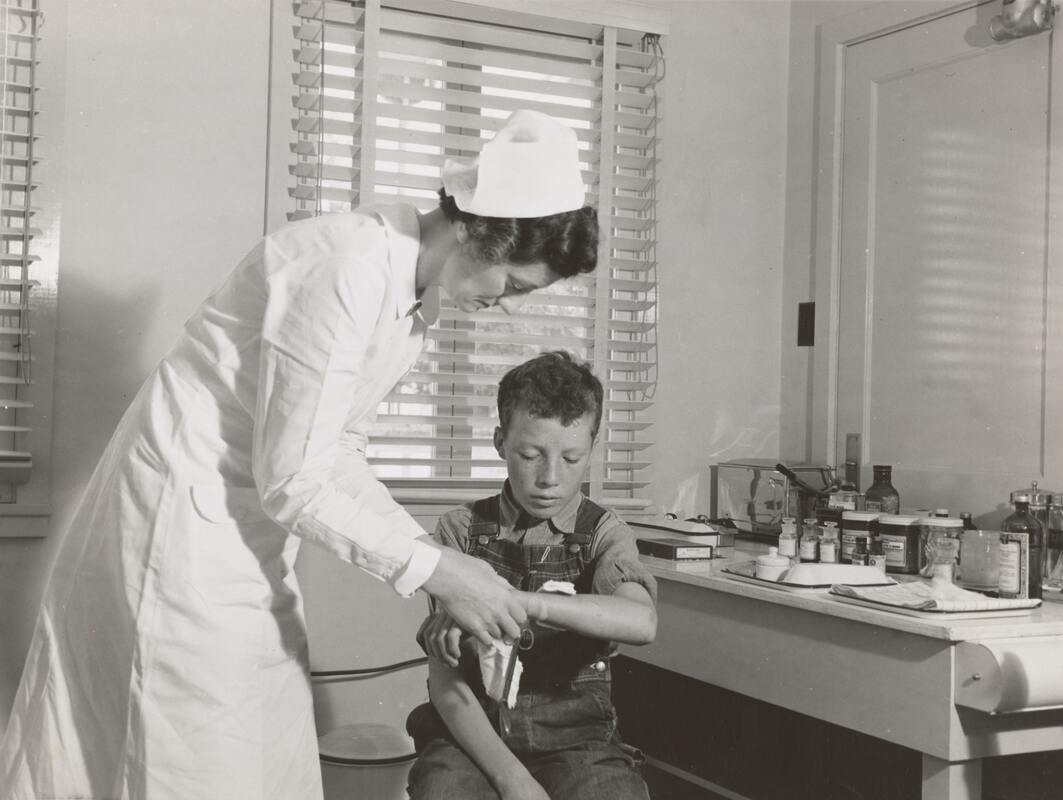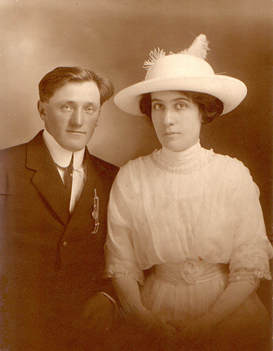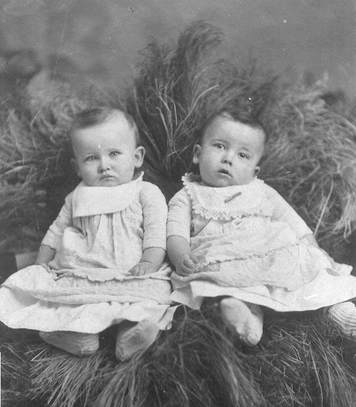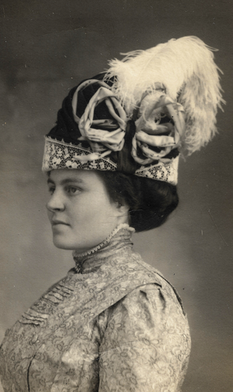 Photo by The New York Public Library on Unsplash 1939 - Farm Security Administration (FSA) camp at Farmersville, Tulare County, for migratory agricultural laborers. Migratory boys come to the clinic for attention of the resident nurse of the Agricultural Workers' Health and Medical Association (FSA). Photographer - Dorothea Lange Have you thought about capturing medical history for your ancestors? A cousin recently contacted me to ask about our family’s medical history…cancer occurrence within our aunts, uncles, and cousins. As I was compiling a list, it made me think how this disease impacted so many lives. As medicine advances, more people can beat the odds, but it is still a dreaded disease. As genealogists, we seem to be the keepers of family information, including those related to illnesses and death. Let’s look at ways that we can capture this information for others. Most of the time as genealogist we are looking way back into historical events, so we don’t often worry about privacy for someone who has been gone for 100 years. When we start capturing information for those within our own generation, we need permission before making anything public. For today’s blog let’s focus on the long-ago ancestors.
Sources People We may learn about a particular illness from relatives when they share family stories. This is a starting point for us. Death Records Death records provide the official cause of death. Depending on the time or the physician, they don’t always tell the entire story of someone’s last days but sometimes they give you a picture. For example, on a great aunt’s death record, it notes “this woman fell in her home” and notes the date of the accident. She was hospitalized for her fractured hip but died of pneumonia while in the hospital. Obituaries Occasionally obituaries may include the cause of death. They might note cancer, or you read that someone was in hospice and that donations should go to a cancer society which gives you clues. Do you know the type of cancer? No but it provides some context regarding their death. Often if someone dies from an accident that is noted in the obituary. Medical Records It is unlikely that you would have access to another person’s medical records, but you may have inherited old medical bills or appointment slips or other clues for the type of treatment someone received. Military Records & Pensions If someone was in the military and died or if someone was in the military and later applied for a pension, there are records that provide detail. As an example, my ancestors who served during the Civil War both received pensions due to poor health after the war. They had to provide proof of need by seeing doctors to document their claims. As a side benefit, these pension claims also provide details about their time in the service. Soldiers Homes Post-Civil War National Soldier’s Homes popped up throughout the country to meet the demand of aging veterans. There are now records available on sites like Ancestry that provide basic health data as well as details about the dates they were at the home. In a previous blog you can read more about these. National Soldiers Homes & Your Ancestor - Herding Cats Genealogy Letters While a handwritten letter is a rare commodity now, it wasn’t so long ago that families shared news back and forth across the pond as well as across the country. I’ve been reading through “old” letters from my aunts written in 1990s and 2000s. It is surprising how much detail is provided. Emails/Texts As family historians we share a lot of information electronically today. Remember to archive and save your family history emails. They have been helpful for finding dates and timelines for my own family history recently. As we move further away from events in our lives, it is easy to forget dates or misremember timelines. You might find an email with a tidbit to start you off on the right track for researching grandpa’s illness. You never know. There are a number of forms available online that help you capture your own medical history. Within programs like Family Tree Maker you can note the cause of death in the fact sections. Among my “to do” items is to verify that I have death records and causes of death at least for my immediate ancestors whenever possible. By doing so, I can generate a custom report. Family Tree Maker: Custom Reports | Ancestry Corporate While no one wants to think about illness or losing loved ones, as family historians we can help remember those who went before by accurately capturing their cause of death. In doing so, we may help future generations who need to figure out medical history. And it helps us better understand the humanity of those generations.
0 Comments
Leave a Reply. |
AuthorWith a lifelong passion for genealogy and history, the author enjoys the opportunity to share genealogy tidbits, inspiring others to research and write their family story. Archives
July 2024
Categories |



 RSS Feed
RSS Feed